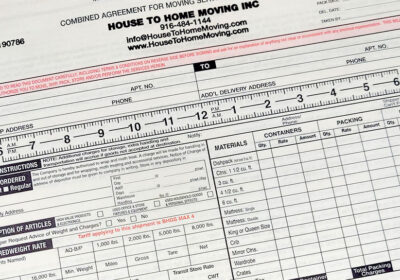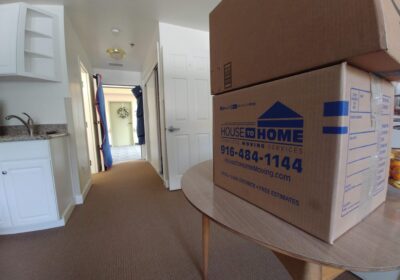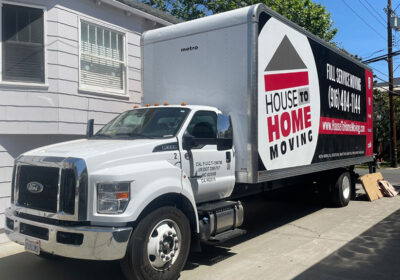 1. Not knowing what you can afford to buy
1. Not knowing what you can afford to buy
If you haven’t been pre-approved, don’t go shopping. Understand the math of your future home loan or mortgage and know what you’ll qualify for – this will stop you from looking at homes or neighborhoods that are beyond your financial reach. Be aware that pre-qualifications are not the same as pre-approvals. So make sure you know what you can afford with an official pre-approval notice. A real estate agent can recommend lending institutions or banks. Be sure you shop around for the best short- and long-term plans for your particular financial situation.
2. Ignoring the additional costs
Although you may be used to paying rent and utilities, there are more monthly and annual expenses associated with home ownership. Some costs are easy to calculate prior to home ownership like property taxes, homeowner’s insurance or even homeowner’s association fees. But there are a multitude of unforeseen additional costs like emergency repairs or replacements. Along with regular maintenance costs, first-time home buyers should have a clear understanding of just how much it might cost to own and operate the home each month. Most experts advise setting aside about 1%-5% of the cost of the home each year to save for future upgrades and maintenance costs. Although that might sound like a significant amount, knowing that you’ve saved money for emergency repairs will help alleviate stress on your paycheck.
3. Thinking a fixer-upper is easy and cheap
Although a few first-time home buyers purchase a home with the expectation of a full-scale renovation, most home buyers simply want to move in and make it their own. Making cosmetic changes like painting walls, replacing the front door or refinishing floors are fairly easy and inexpensive. But all too often, first-time home buyers see a home as having unlimited potential without understanding how much it might actually cost to renovate. They might also make the mistake of thinking they can do it all themselves. It’s too simple to think that you can tackle major structural changes on your own (unless you happen to be a licensed home improvement professional). If you’re tempted to purchase a home and really want an expert opinion as to potential costs, code upgrades, permits required or other important information, consider hiring a professional general contractor to tour the home with you and give you a realistic cost and time estimate for your desired renovations.
4. Not hiring an inspector
Even if your bank doesn’t require it, you should always have a home inspection contingency on your home purchase. Hiring a licensed and experienced home inspector who will thoroughly inspect your home is an important step on the home buying experience. Regardless of the age and condition of the home, first-time home buyers can benefit from the expert advice of a home inspector. Home inspectors spend several hours assessing a home and provide a lengthy, written report on their findings.
5. Thinking you can do it solo
Although you’ve probably done your homework, it’s always best to hire a licensed real estate agent, especially if this is your first home. Real estate agents know the market, they understand the comps (the competitive prices of comparable homes), and can help you identify the home that will best fit your needs.



